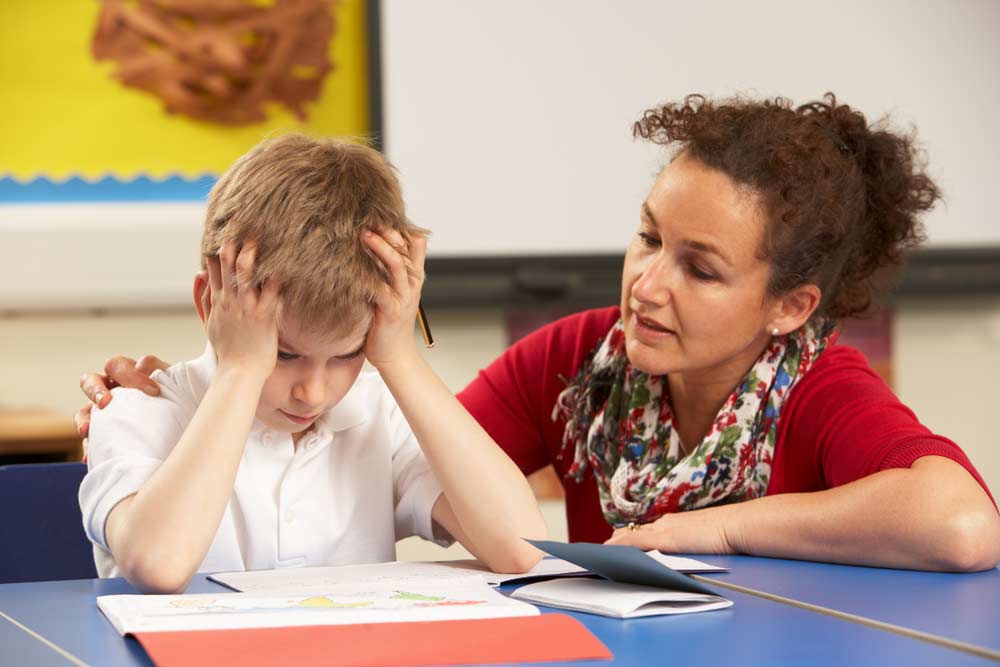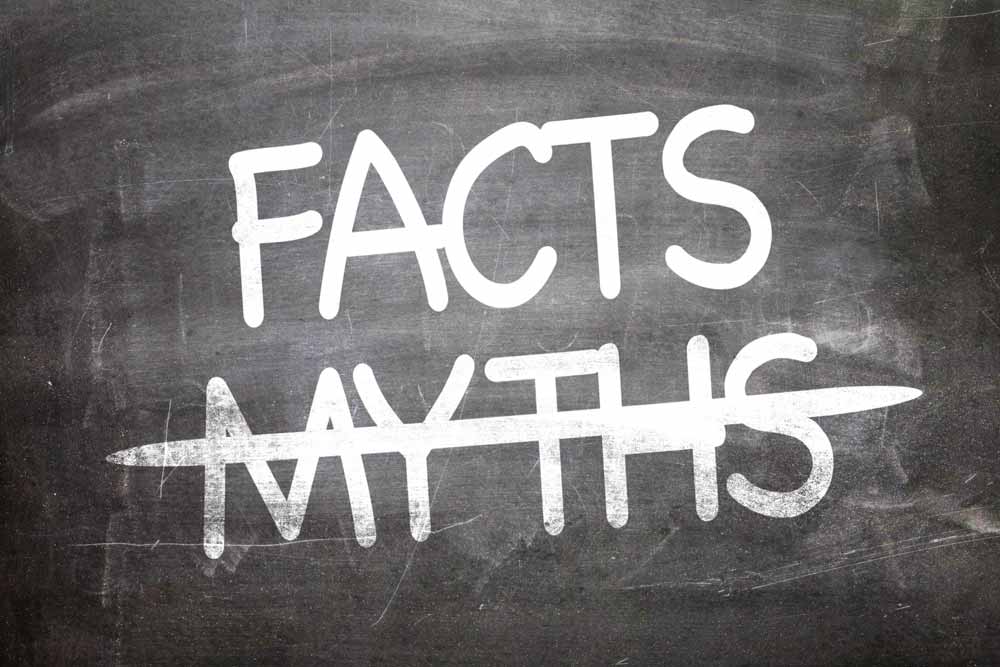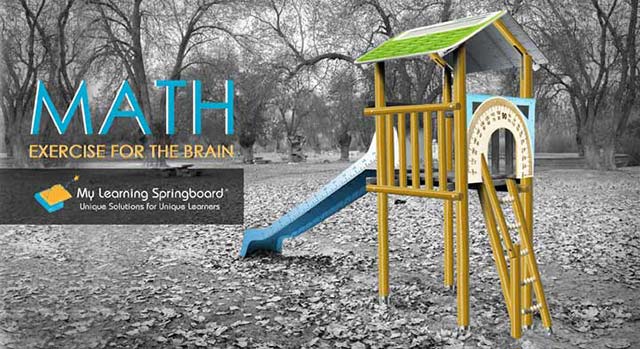 As parents we all know the importance of praising our children. Nevertheless, praise can be useless, or at worst harmful, if administered poorly. There are several key components needed to make praise work for your child:
As parents we all know the importance of praising our children. Nevertheless, praise can be useless, or at worst harmful, if administered poorly. There are several key components needed to make praise work for your child:
Get Rid of Negative Clauses
Praise needs to be offered without a hint of criticism. While it is important to inform your child when they have done something wrong, that time is not during your praise. Slipping a rebuke on to the end of a praise makes it seem as if you are using the good that your child has done as a tool to criticize them. This delegitimizes future praise as well.
Negative Clause: “Johnny, that was great how you finished your homework so well. I really wish you’d always put that kind of effort into it.”
Notice in particular that the criticism isn’t explicit; It is merely an implication of poor homework habits. Subtle or implied criticisms attached to praise also have a negative impact.
Drive-by Praising
This is a concept especially relevant to praising your adolescent. Parents often make the mistake of praising their children and waiting to hear how appreciative their children are. They are disappointed when they don’t receive that feedback, which leads to frustration and resentment. By praising a child and walking away, you show that your statement was really about them and was not a request for appreciation and praise for yourself. Walking away also gives your child the chance to process your statement for themselves, something that will allow them to internalize it more effectively than if they were forced to think of a reaction and a response for you.
Be Specific
When your child does something well, specify what they have done well. Verbally acknowledging the details of what they have done shows your child that you really paid attention to what they did and are actually aware of what they did.
Specific Praise: “That boy was standing in the corner and you went over to him and included him in your game. That was really nice.”
“I love how you used lots of colors in this picture. There’s a horse and it looks like it’s jumping over a car. And there are bright yellow flowers, too. This is so creative!”
In the next post we will continue our discussion of effective methods of praise.
Please contact us for more information
By Jeffrey Kranzler, LCSW specializing in teaching parenting skills and treating children and adolescents with ADHD, Anxiety, Oppositional Defiant Disorder and Depression.
 It’s never too early to think about
It’s never too early to think about  In
In
 Why do so many students lack interest when it comes to learning math? One student told me that she might have a more intense passion for learning subjects like pre-algebra and geometry if she thought that she would actually need to use what she learned later in life. When asked, “When will I ever need to know this?” it is important to be armed with a motivating response backed by valid examples. Different approaches include referring to specific cases that are tailored to career goals or bringing up more general math scenarios. It is also helpful to make connections to a student’s personal hobbies and interests, and to allow them to explore those
Why do so many students lack interest when it comes to learning math? One student told me that she might have a more intense passion for learning subjects like pre-algebra and geometry if she thought that she would actually need to use what she learned later in life. When asked, “When will I ever need to know this?” it is important to be armed with a motivating response backed by valid examples. Different approaches include referring to specific cases that are tailored to career goals or bringing up more general math scenarios. It is also helpful to make connections to a student’s personal hobbies and interests, and to allow them to explore those